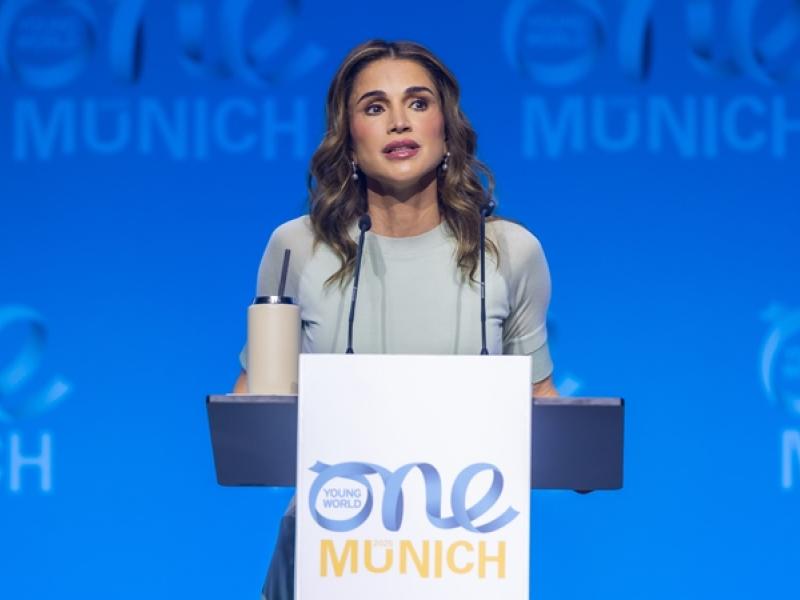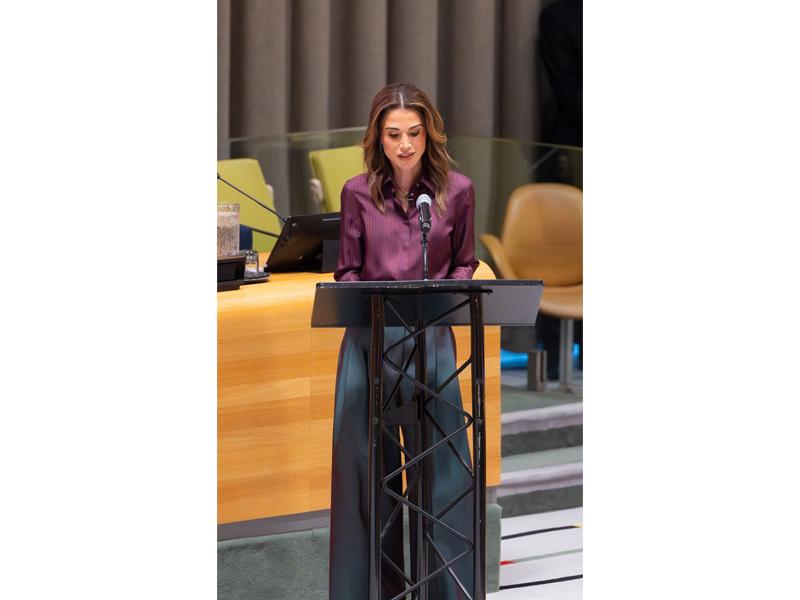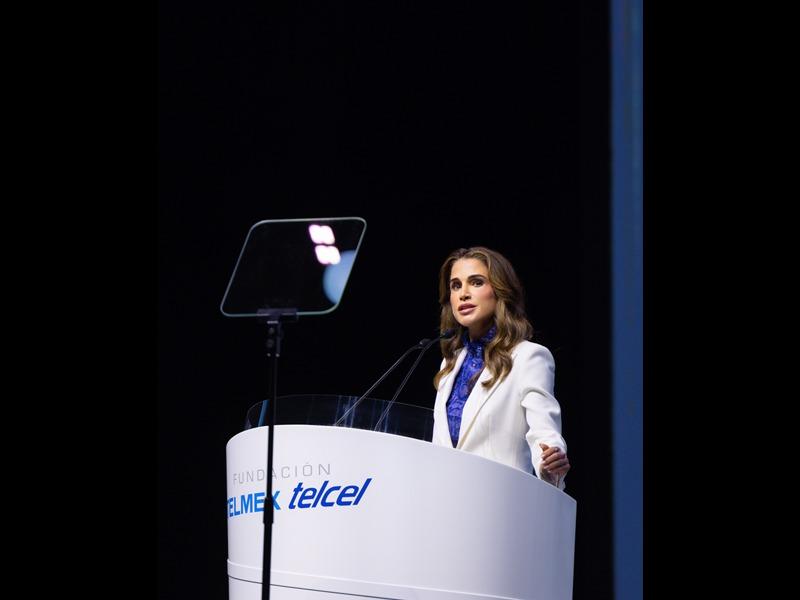I am honored to be part of this important summit. Thank you, Foreign Policy, for hosting… and thank you all for joining.
Earlier this month, NOAA scientists shared some alarming news. For the second year running, atmospheric methane hit record levels of growth.
Experts think the rise is caused in part by increased rain over tropical wetlands.
They fear it may represent the start of a feedback loop that is beyond humanity’s power to control.
These loops are processes that can magnify or lessen the effect of climate drivers.
And, as you know, there are many of them within the climate system.
But there’s another kind of feedback loop that also deserves our attention—one that I believe will make or break our climate future.
They’re not chemical or physical. They’re in our heads and in our hearts. These feedback loops are human.
Earlier this month, the IPCC released its latest report on the state of our planet.
The UN Secretary General summed it up: “We’re on a fast track to climate disaster.”
Maddeningly, this message doesn’t seem to be bothering the people who could do the most to change it.
But there is at least one group who are listening closely: Our children.
From Jordan to Brazil… Nigeria to the United States… young people around the world are worried.
In a global survey of 10,000 children and young adults, three out of four said that the future is frightening. Nearly 40 percent are hesitant to have children of their own. More than half think the things they value most will be destroyed. More than half as well, agreed with the statement, “Humanity is doomed.”
That breaks my heart—because despair can spark an unstoppable feedback loop, too.
If people don’t believe anything can be done, it’s easy to simply do nothing. Paralysis makes our problems worse, which leads to even greater despair.
But here’s the good news: We’re not there yet. In this same global survey of young people, while less than a third said they felt optimistic, even fewer said they felt “indifferent.”
They care. They don’t know what their future holds, but they care.
So, we’ve still got room for the kind of hope that writer Rebecca Solnit describes: hope that exists “in the spaciousness of uncertainty” where there is “room to act.”
As Solnit puts it, hope “is the belief that what we do matters.” And I believe that Summits like this one can harness our hope into headway.
Together, we can firmly declare: Despair is not our destiny.
Together, we can shift the frame from “doom” to “opportunity.”
Because we’ve read the reports. We’ve seen groundbreaking innovation with our own eyes. And we know there are positive tipping points within reach.
Thanks to the ingenuity of scientists, technologists, entrepreneurs, and policymakers, the price of solar panels has fallen tenfold in just ten years.
Electric battery prices have tumbled.
And in many countries, the path to a clean energy grid is clear.
In these ways and more, our progress has surpassed expert predictions. And every day, new solutions are emerging—solutions that inspire.
I serve on the council for the Earthshot Prize, which Prince William created in 2020. Our goal is to identify and celebrate these solutions, so we can scale them up even faster.
One of this year’s prize winners was a young man named Gator Halpern.
Gator fell in love with the ocean at an early age, and chose to study environmental science. But by the time he reached graduate school, he said that he felt like he was “writing the obituary of these ecosystems,” rather than helping them thrive.
He couldn’t accept that. So, he and a friend developed a method to grow climate-resistant coral… 50 times faster than it grows in the wild. Their efforts could help restore coral reefs in the Bahamas and around the world.
Gator’s energy is contagious. As he says, “we remain committed to this work because failure is not an option.”
And that spirit is self-fulfilling. When we’re determined to succeed, that’s when game-changing creativity kicks in.
You see that spirit in every one of the Earthshot finalists and winners.
For example, in India, a startup called Takachar developed a device that bolts onto the back of a tractor, captures agricultural waste, and turns it into biofuel that farmers can sell at a profit.
Or, take Milan, Italy. The city has developed a strategy to cut food waste in half by 2030.
And I know you’re also hearing from the President of Costa Rica, which has doubled the size of its forests in just a few decades—through a visionary program that pays ordinary citizens to restore their local habitats.
The people behind these achievements know that, relative to the scale of the problem, their efforts may be small.
But that doesn’t stop them. Because they, like you, see themselves as part of a generational project.
They are living proof of the logic I recently read from Dr. Sarah Jaquette Ray: “If the problem is so big and we’re so small… then we need to make the problem smaller and us bigger.”
By making a difference in whatever way they can, they aim to inspire others to act—to be the spark that ignites collective action and drives transformation.
In this way, climate leaders like these are creating a feedback loop we can celebrate. One that runs on urgent optimism, a sense of possibility, and the faith that together, we can make things better… which is why we have to try.
I hope you all feel swept up by that feedback loop today. And I hope you help spread it, with your voices and through your work… for our children, and for us all.
Thank you.


